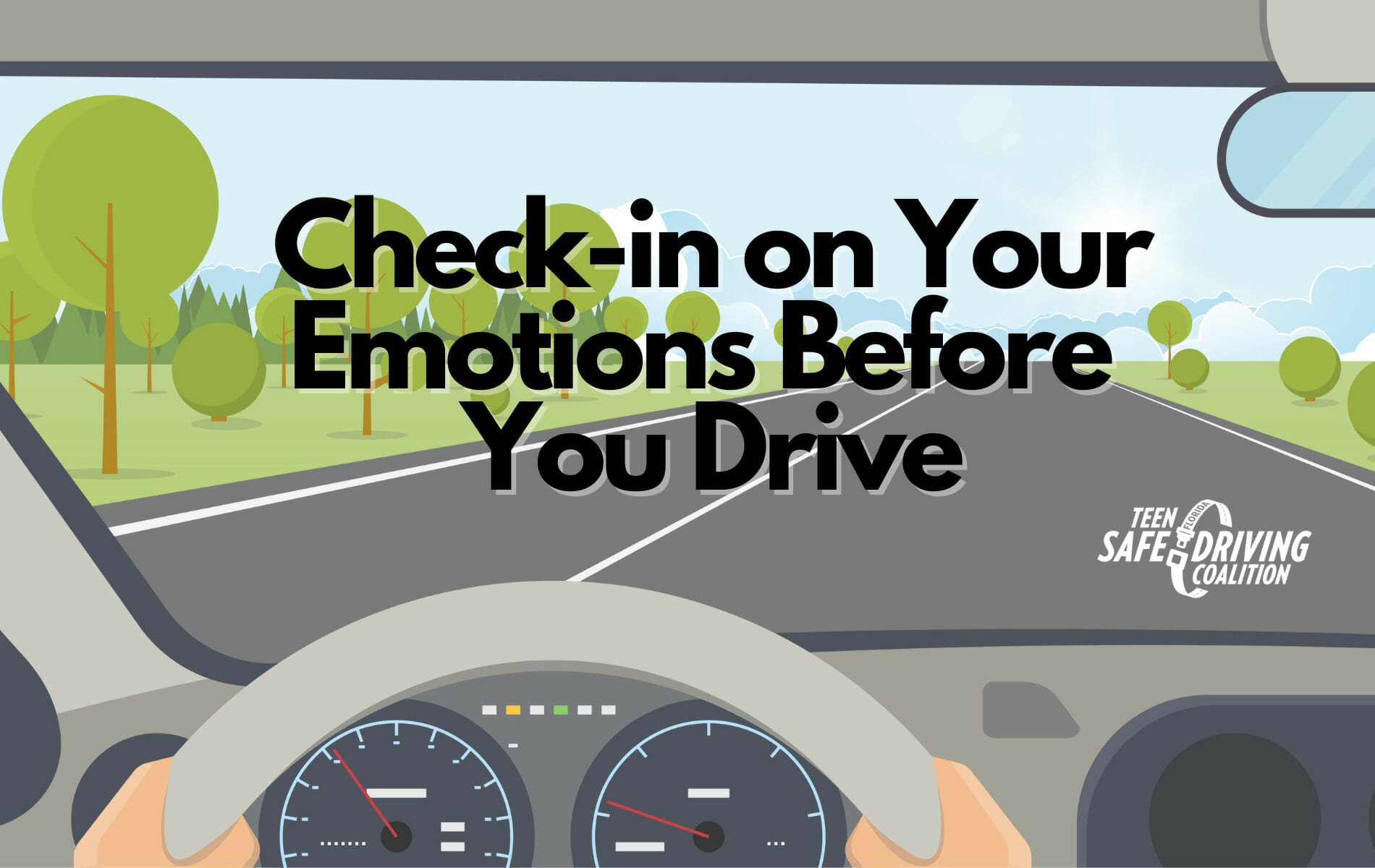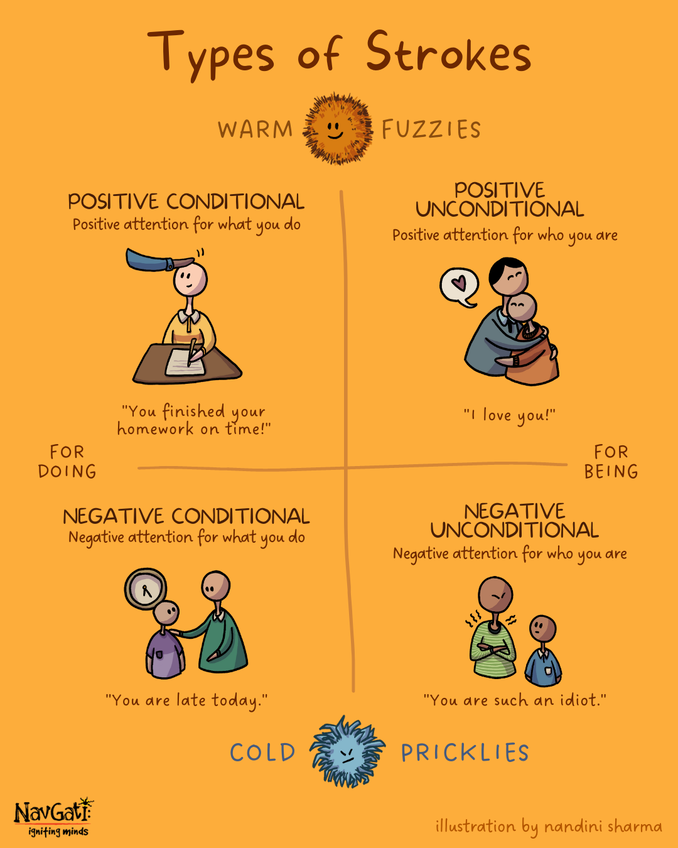|
This morning I did what I often do, my practice of checking in with my emotional vulnerability - my inner child. I've come to realise, through this practice, that most of the time I don't need to 'do' much in order to get into a centred 'adult' state, but I simply need to 'be with' the part of me that is vulnerable and let it have some voice. I'll explain more here in the hope that you, dear reader, will try and do the same and discover how easy it is to change your state. Even as I type the words 'inner child' I internally cringe. I used to think inner child work was such a load of nonsense. My father raised me to be hyper rational (whilst simultaneously not owning his own angry emotions). What I've come to realise is that whilst the rational mind is a powerful tool it is not in charge. The emotions are. Mark Manson describes this well in the conscious /clown car. If we don't acknowledge them, they will drive us into very difficult situations. In this blog I want to explain my theory of why that is and also what we can do about it - namely giving voice to our emotional vulnerability, in a safe space. A lot of my work is informed by Transactional Analysis (TA) - model of psychotherapy, created by Eric Berne in the 1950's. Like any 'model' it is not complete and perfect, but it can be a very useful 'lens' to view our interactions and the internal 'states' we respond from. The idea of this is that if we become aware of this stuff in our life we can break the patterns and create new, more helpful ones. Doing that isn't a purely rational process, as I'll explain below. Simply put the ideas are as follows:
Drama Tringle
These ideas feed nicely into the idea of 'roles' that we take on, when we get embroiled into drama. I've adapted these into my own drama triangle. Read more here. The reason it's hard to escape the drama triangle is that we are deeply programmed to respond from our Ego States, that it surpasses our conscious, rational mind. Escaping drama through Voicing Vulnerability, I believe there are three ways to escape the drama triangle, but first we have to recognise that we've been unconsciously pulled into it! The main way I do this is to take a pause, regularly. What next? One of the three ways is to work with our emotions and VOICE OUR VULNERABILITY. You see the victim mindset is linked to the adapted-child ego state. We adapted to act like a victim to receive strokes from inattentive (or overly critical / smothering) caregivers. We sometimes bring this behaviour into adult life (Eg. We go quiet and shy , or another adaptation might be acting out in inappropriate situations). What the child really needed was a safe space (and encouragement) to voice their vulnerable feelings and to receive positive strokes in the form of being listened to with love, co-regulation (soothing the nervous system from an emotionally regulated parent), empathising with the child's perspective and respect for their trying to overcome it. I have adapted this into a handy tool that anyone can use with themselves, or with another person. Activating the ELDER Voice is a powerful mode of expressing ourselves. Have you noticed that when you speak something aloud you also hear it? If you repeat it and listen you really get some interesting feedback effects in the body and the mind. With this in mind, and awareness of the different Ego States we can make it a regular practise to find a sage space to voice our vulnerable emotions. But where is this safe space? Well the best place is a private place, where no one else can hear. I use the car or I go for a walk in nature. Next we access that part of us that is the Nurturing Parent and the Free Child. We vocalise our distress to the parent, repeating it many times. Then the parent listens, soothes, empathises with and respects the child. This allows the child to feel seen, heard and loved and then the adult can come online and steer this human being! Here's the acronym to help you ELDER (Click here for full instructions) E: Express the Emotion: Allow sound or words, keep repeating L: Listen with Love: Hands on belly and chest and repeat I hear you, I love you D: Downregulate: Take a breath and rub the hands. Soothe the body. E: Empathy: Show deep understanding of the child's perspective. Validate that it makes sense R: Respect: Honour the child's efforts and achievements. Express pride and togetherness. My findings I have found remarkable things happen here when I do this. First - I feel better, more spacious, more calm, more open and more clear. I feel like I can get on with things. Second - I find solutions come easily. I remember more options available to me . Third - I bring this more into my life. I allow myself to voice my feelings and needs with clarity and ownership (instead of confusion and demanding of others). This has a positive ripple effect on others and we can have healthier adult to adult conversations. In the past I thought this had to be all cognitive work, with the rational mind, and I now see it is the emotions that sail the ship and I need to check in with them, give them voice, if I'm to sail the ship in the direction I consciously want to go. The good news is - it feels great and with practice its easy peasy! Working with ELDER and Ego States I have really adapted this into my personal practice and my work with clients. If this is something you're interested in come and work with me 1:1 or in groups.
0 Comments
|
AuthorsNeil Morbey is a meditation teacher, group facilitator and inspiration guide for Positively-Mindful.com Blog Index
Archives
May 2024
|


 RSS Feed
RSS Feed